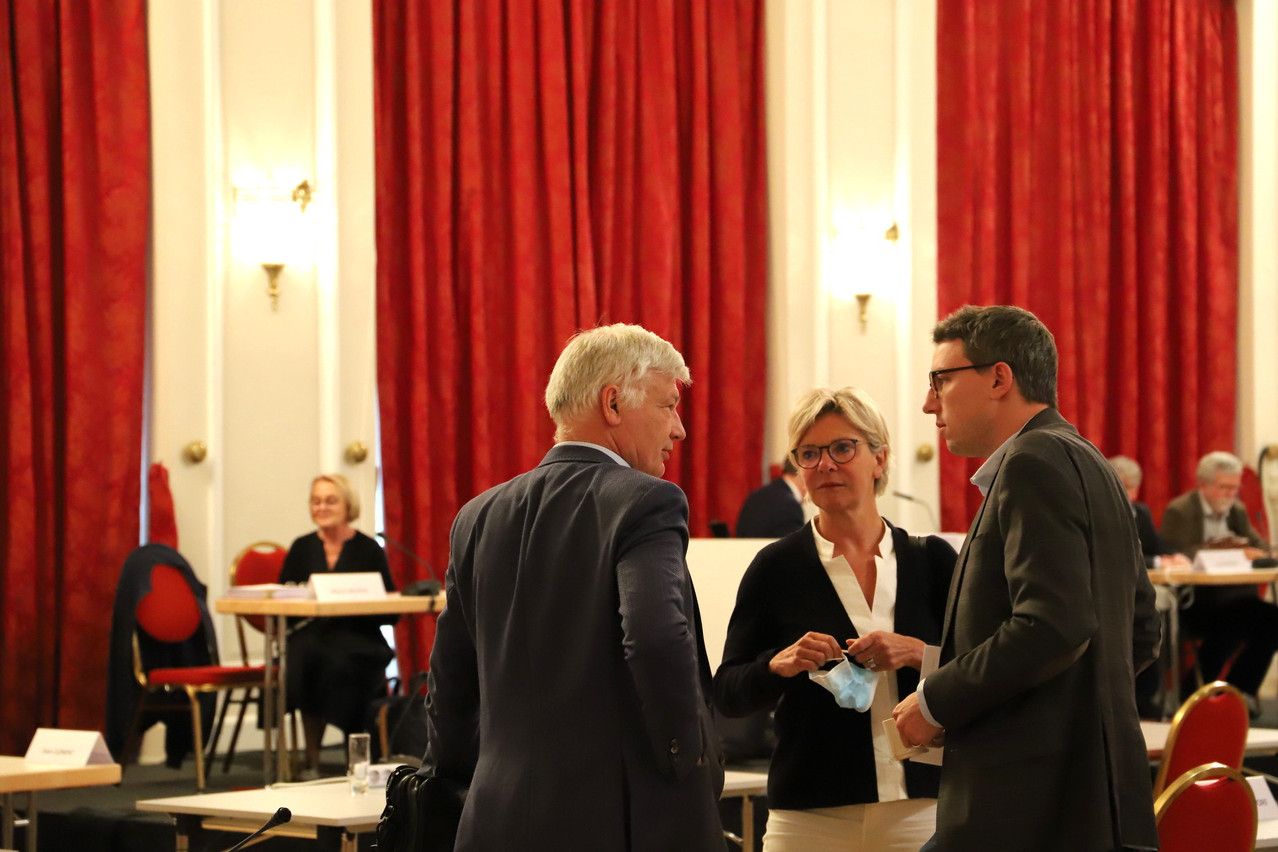Opposition party criticism of the government following the presentation on Monday of the Waringo report was swift and damning.
While the report into the covid-19 clusters in elderly care facilities overall exonerated the government from any really serious faults and shortcomings, it does conclude that there was often confusion about whether they should turn to the family ministry or the health ministry for advice.
It was this point that Pirate Party MP Sven Clement criticised in an interview with RTL shortly after the report was presented to parliament. He said the family ministry had neglected its duty during the crisis. “The health department had to…take on responsibility for a domain that wasn’t under its authority.”
CSV faction leader Martine Hansen shared Clement’s sentiment. She told RTL that there was a lack of real and clear recommendations for the elderly care facilities. “It is also a fact that during that time when things were calmer, no emergency plan was drawn up. Jeannot Waringo said as much quite clearly.”
But Corrine Cahen said that while certain aspects, especially in terms of communication, could have been tackled better, overall the report says that good work was carried out both in the field and in the ministries.
The authors of the report were also unequivocal about the failure to introduce compulsory vaccination for nursing home staff. “In this respect, it is important for the working group to express very clearly its incomprehension with regard to the iterated decision not to make compulsory first the testing and then the vaccination of all persons who are in contact with the most vulnerable persons in our society. This lack of understanding is shared by the vast majority of the managers of establishments that we had the opportunity to meet during our mission. Many arguments are obviously put forward with varying degrees of conviction by all those who plead, sometimes vehemently, for freedom of choice in this area, but the question always remains the same. How can we reconcile the desire to protect the most vulnerable people in our society with the refusal to be tested or vaccinated?”
